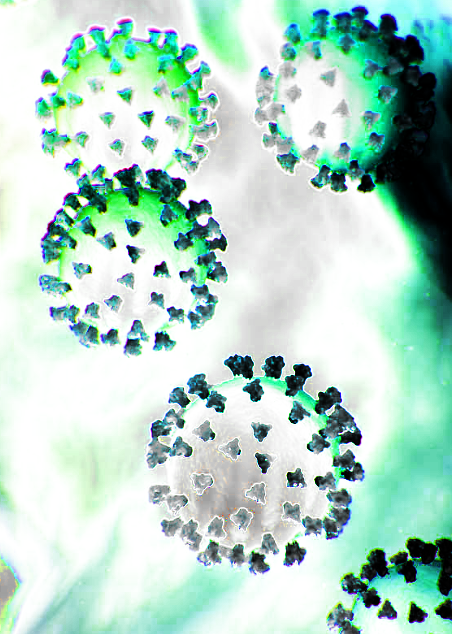Outbreak bug dubbed 'Covid-19'
 Expert agencies have decided to assign a new name to the novel coronavirus: Covid-19.
Expert agencies have decided to assign a new name to the novel coronavirus: Covid-19.
Under the guidelines of the World Health Organization (WHO), the name for the new virus cannot refer to specific geographical locations, animals or people.
“Having a name matters to prevent the use of other names that can be inaccurate or stigmatising,” WHO chief Tedros Adhanom Ghebreyesus told a press conference in Geneva.
The World Health Organization is bringing together 400 outside experts to try to speed the development of tests, treatments and vaccines against Covid-19, with doctors on the front lines experimenting with various drugs in the meantime.
The scientists participating in the two-day meeting — many remotely — are trying to find out which approaches have enough promise to move to the next step: human studies.
“We prioritise what is really urgent, what we absolutely need to know to fight the outbreak, to develop drugs, vaccines,” said Marie-Paule Kieny, co-chair of the meeting and a viral-disease specialist at the French research institution INSERM.
They are also looking at building a standing supply of drugs similar to the vaccine stockpiles that exist for diseases such as yellow fever and Ebola.
Meanwhile, the Australia Government has sent one million protective masks to airport staff and doctors, after it unlocked its stockpile for those working on the front lines of the Covid-19 outbreak.
The Department of Health says 550,000 surgical masks from the federal stash have also been released for GPs and health workers.
The disease appears to have a fatality rate of about 2.3 per cent, but a recovery rate about four times higher.
According to the latest data, of the 43,119 confirmed coronavirus cases, 4,190 have recovered while 1,018 have died. Experts say the recovery rate is growing faster than the death rate.







 Print
Print